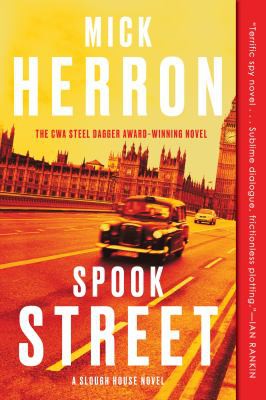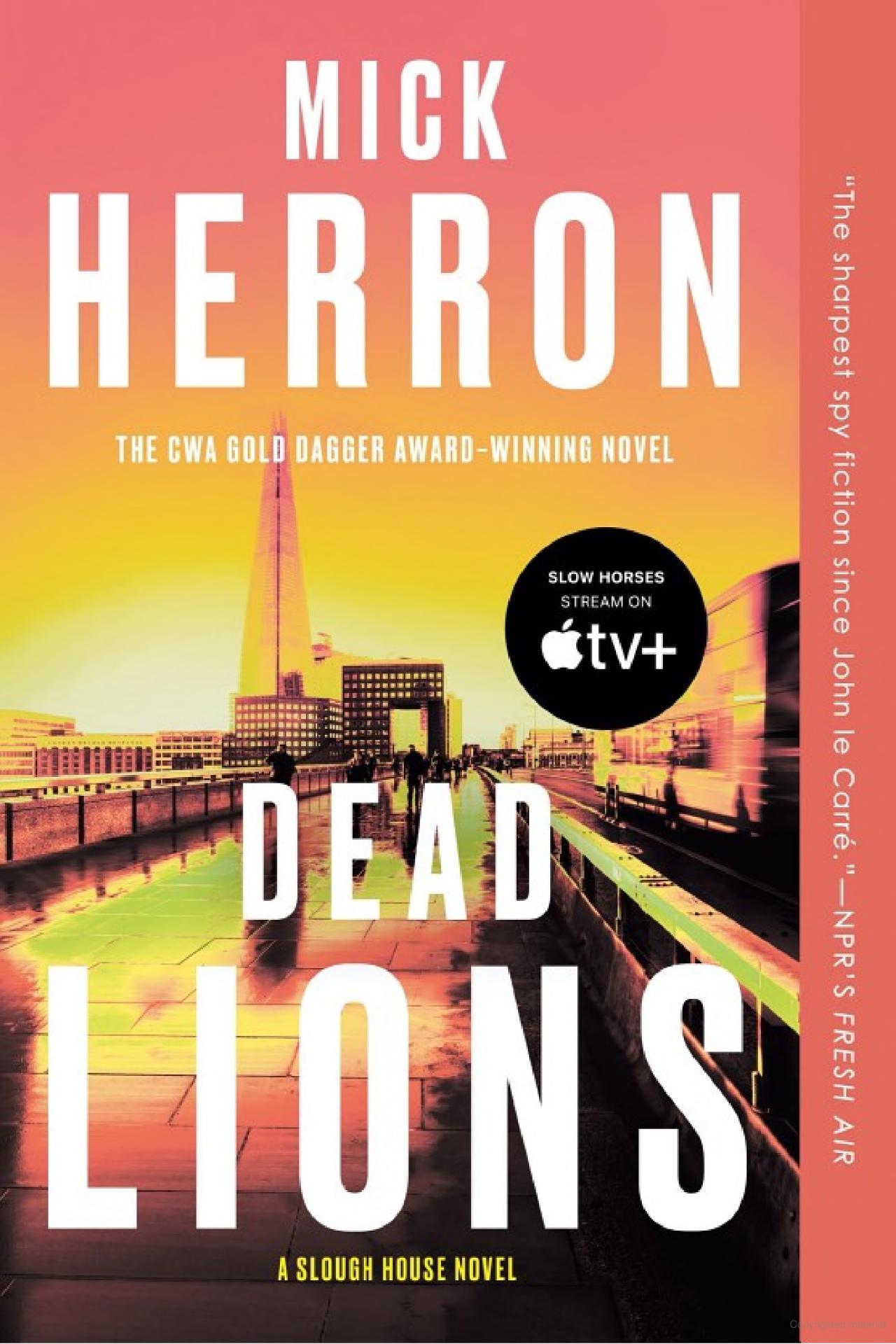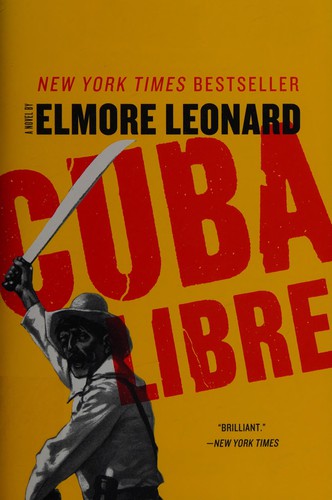Ian Brown started reading Spook Street by Mick Herron

Spook Street by Mick Herron
"What happens when an old spook starts to lose his mind? Do the Services have a retirement home for people …
XML apologist. Erlang enthusiast. Currently JVMs & Performance stuff at Netflix. Previously JVMs & performative stuff at Twitter. He/him.
This link opens in a pop-up window

"What happens when an old spook starts to lose his mind? Do the Services have a retirement home for people …

London’s Slough House is where disgraced MI5 operatives are reassigned to spend the rest of their spy careers pushing paper. …

London’s Slough House is where disgraced MI5 operatives are reassigned to spend the rest of their spy careers pushing paper. …

328 pages ; 20 cm
An enjoyable, fast-paced (it is an Elmore Leonard book after all) tour through turn-of-the-century Cuba. A heck of a western, even if it takes place in the Carribean. ACAB, even back then.

A novel on the Spanish-American War featuring adventurer Ben Tyler, an Arizona horse dealer. Just as he arrives in Cuba …